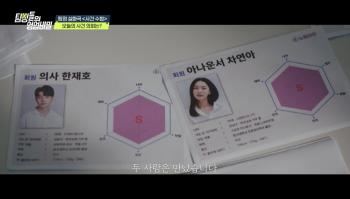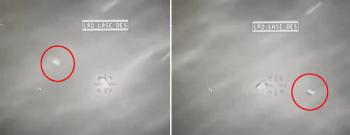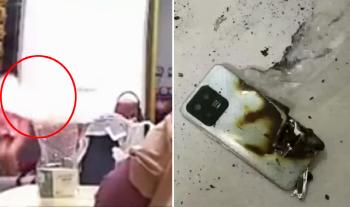Star cells in the brain are key to regulating bipolar disorder energy metabolism...KAIST presents possibility of developing customized bipolar disorder treatment
Sep 10, 2025
|
However, it is known that the reactivity of 'lithium', which is used as a representative treatment, varies greatly from patient to patient.
In this regard, a research team led by Professor Han Jin-joo of the Graduate School of Medicine at the Korea Advanced Institute of Science and Technology (KAIST) identified differences in metabolism of 'strocyte' (astrocyte) in the brain depending on whether or not they responded to bipolar disorder treatments. The results of this study were published on the 22nd of last month in the online edition of the homegrown academic journal 『Molecula Psychiatry』.
The research team focused on star cells, which are star-shaped non-neuron cells that account for the largest number in the brain, away from existing nerve cell-centered research. Star cells serve as a 'helper' to help brain neurons and maintain the environment. As a result of observing stem cells produced by patients' cells after differentiating them into dead cells, it was confirmed that the energy metabolism method of cells varies greatly depending on whether or not they respond to lithium.
Star cells of patients responding to lithium decreased lipid droplets upon lithium treatment, but there was no improvement in non-reactive patients. In addition, in patients without lithium reactions, excessive accumulation of lipid droplets in star cells and poor mitochondrial function were observed. In addition, obvious metabolic abnormalities were found, such as excessive activation of the glucose-degrading process and excessive secretion of lactic acid.
The research team "This study is considered to prove that astrocytes play a key role in the regulation of energy metabolism in bipolar disorders."It is expected to be used as a platform for customized treatment strategies and new drug development by providing evidence to explain differences in lithium responsiveness between patients" he said.
This article was translated by Naver AI translator.














